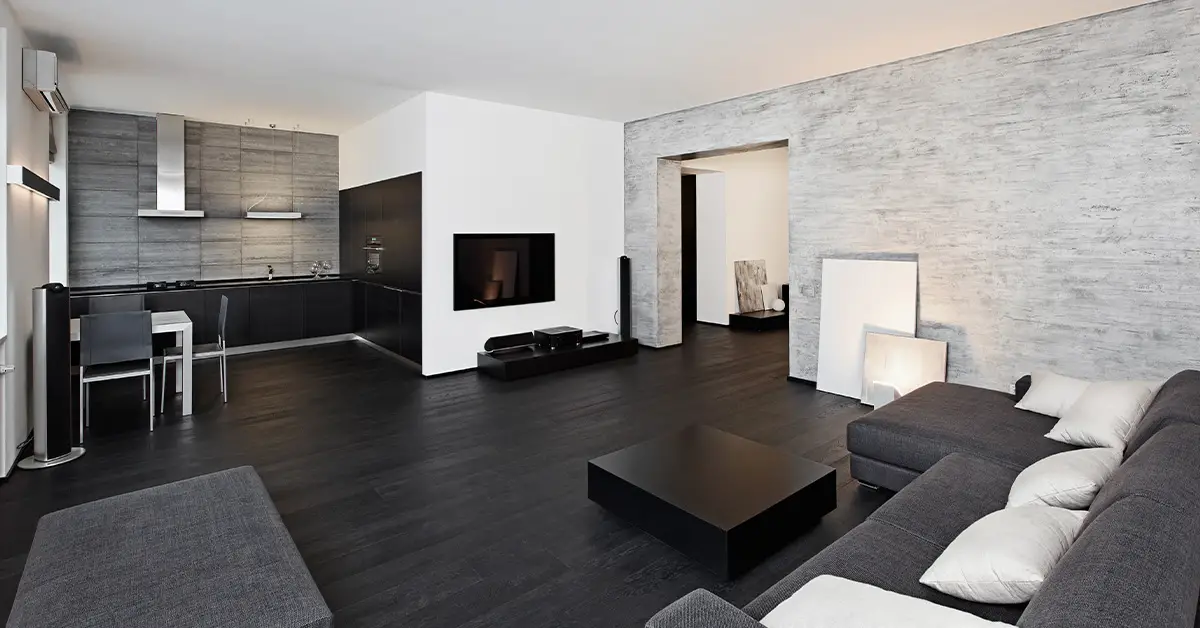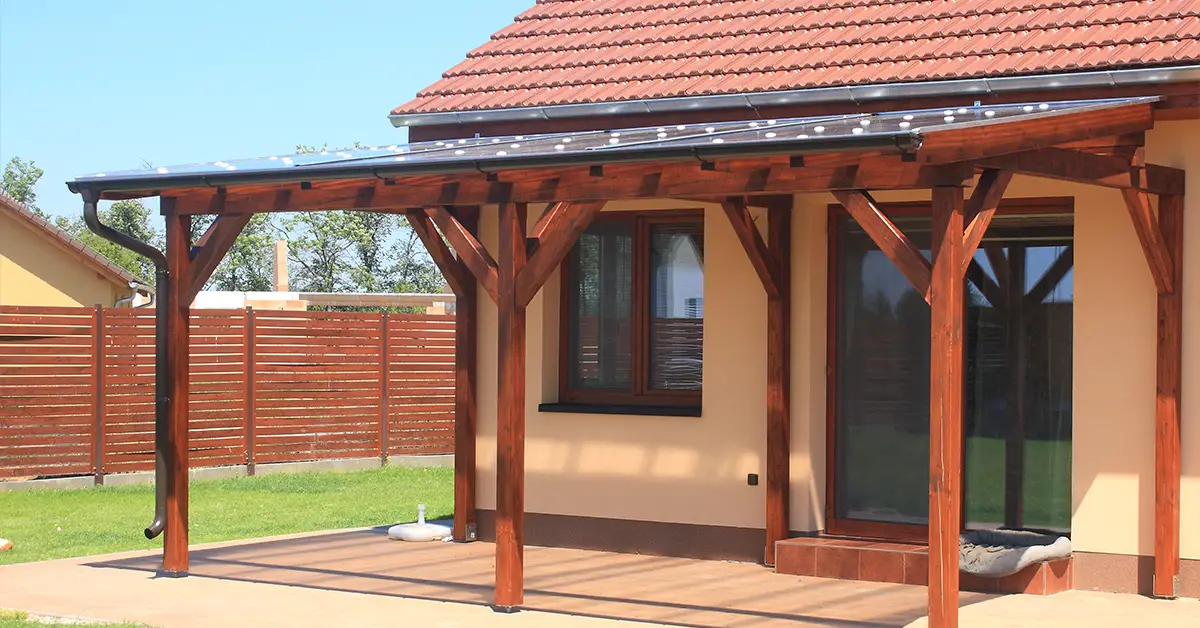With the recent housing market trends, rental prices everywhere are on the rise. This has left many people struggling to meet new rental market demands.
You may be wondering, are apartment prices negotiable? It turns out, you can negotiate your rental prices with your landlord. Read this guide to find out how to get a lower rent for your apartment.
Table of Contents
Are Apartment Prices Negotiable?
Yes, you can negotiate your rent with your landlord. It’s possible to lower your rent and even ask for other benefits such as updated appliances or a free parking space.
You can negotiate apartment prices for a place you’re going to move into, or prevent a rent increase where you currently live. It can be easier to negotiate if you have a smaller apartment building or a lower-level landlord. While larger corporate landlords may be less likely to negotiate, it never hurts to ask.
When it comes to negotiating your rent, a lot of people can be nervous to get started, especially if you’re not used to haggling to get better prices. We have a few tips to help you learn how to negotiate apartment prices with your landlord.
Why You Should Negotiate Rent
Negotiating with your landlord to get a lower rent, even if it’s just $50 (about €42) per month lower than it would have been, will save you money in the long run. Over the course of a year, that’s an extra $600 (over €500) to spend on entertainment, bills, or furniture and decorations for your apartment.
Aside from saving you money, negotiating with your landlord can actually help you to be on good terms. Being honest and open about your needs as a tenant can help you and your landlord form a good business relationship going forward.
Your landlord will appreciate any benefits that you offer by staying in your apartment for longer or doing certain repairs, and you can enjoy staying in your apartment and getting a better deal on rent.
Research the Rental Market First
Before you have your discussion with your landlord, make sure and do your research. Check with other landlords in the area to find out what would be the appropriate market value for the apartment. If possible, you can also try to talk to other tenants in the same building to see how much they are paying for their rent.
You’ll also want to consider your budget, and how much you can afford. You shouldn’t have to spend more than 40% of your take-home income or 30% of your gross income on housing costs. If the rent is higher than that, see if you can negotiate the price to be better within your means.
Come in prepared with your research prepared, and know what you want to get out of your negotiations. For example, know what you want to have replaced or updated in the apartment in case the landlord refuses to budge on the price. Think about what other accommodations you would ask for, such as a garage or parking space.
How to Negotiate With Your Landlord
Be confident and clear when you state your case to your landlord. Remember that they are a person, too, so don’t say anything mean or rude, but don’t let them walk all over you, either.
When you’re ready, ask your landlord if the rental prices are negotiable, and be flexible depending on what they say. Be willing to compromise on the price if you can afford to. If you ask for $100 (about €84) off and they offer you $50 (about €42), you’re still getting a better deal than if you had taken the rent at face value.
Don’t be afraid to ask for upgrades to the apartment or other non-rent perks, such as updated appliances, or a free parking space, as a part of the negotiations.
On your end, think about what you can give as a benefit to your landlord in exchange for a lower price. For example, you could offer to paint, get new locks, or do some other repairs to add value to the apartment.
Your landlord may also benefit from having you in the apartment for longer, to reduce their turnover costs, so you might offer to stay for a longer lease. You could also offer to pay a few months of rent up front. Anything you can do to sweeten the deal for them would make it more likely that you can negotiate a lower rent.
When to Negotiate Rental Prices
Timing is a key factor in negotiating your rental rates. In the winter months, landlords are less likely to find other tenants that could replace you. If you wait until then to negotiate, they’ll be more willing to be flexible on prices so as not to lose out on a tenant during that time.
At the same time, lots of people move during the summer months, so there are likely to be more tenants coming in at that time. You can also negotiate to end your lease during the summer when they’re more likely to find a new tenant.
The best time to negotiate to prevent a rent increase at your current apartment is a couple of months before your lease is set to expire. This gives your landlord time to consider your offer, and it also gives you time to come up with a backup plan in case you will need to move.
If you’re wondering how to lower your rent, you can try to negotiate with your landlord at any time. The best time is before you lease or as you are about to renew the lease, but if you’re trying to save more money on your rent, there’s a way you can negotiate even between lease terms.
How Much Can You Negotiate?
With independent landlords, you can negotiate quite a bit on the rent price. A fair amount would be close to the market value for that type of apartment in your area, with a discount for staying in the apartment for longer, such as an 18-month lease instead of only a year. You could cut anywhere from pennies to hundreds of dollars off your rent every month, depending on what you and your landlord can agree to.
Large corporate landlords for chain apartment complexes might not be willing to budge on a rental price. These prices are based on market value, and so they don’t often get to see you (the tenant) as a person, so much as someone giving them money. Unfortunately, in these scenarios, you’ll have a hard time negotiating on rental price, but you can still talk to the representatives at your apartment complex about other non-monetary benefits for renewing your lease.
Look around at the other units in the complex or other complexes in the area. What perks and benefits would you be able to add to your apartment before moving in? You may be able to get your landlord to agree to install new carpet or appliances, or you can negotiate to add a parking spot or gym membership into the price of the rental for free.
How Else Can You Lower Your Expenses?
As you bargain with your landlord, wondering “how can I lower my rent,” think about other ways where you can save money on your monthly expenses. If the rent is non-negotiable, you might be able to get a better deal on utilities such as water, gas, and electricity. Some landlords will even be willing to include those utilities in the price of the rent.
You might be able to lower your utility bills on your own by using more energy-efficient appliances and light bulbs in your apartment. Keeping the lights off when you’re not using them, taking shorter showers, and washing larger loads of laundry can all help you save some money, and help save the environment.
If your apartment is close enough to some restaurants, you could walk there to pick up carry out instead of ordering delivery or driving your car. Or, you could cook at home more often and plan out your meals based on the ingredients you buy from the grocery store. These little things may only save a few cents at a time, but in the long run, they will save you money on your monthly expenses.
Talk to Your Landlord to Lower Your Rent
If after all this, you’re still wondering, are apartment prices negotiable, the answer is yes. You can always ask your landlord to negotiate apartment prices before signing or renewing the lease. While your landlord might not be able to budge on the price, there are other accommodations you may be able to get from them.
You can make it more likely for them to accept the lower price by offering to stay for a longer lease, offering to improve the apartment such as painting or doing repairs, or by negotiating the lease to start and stop at more convenient times for them.
If you’re looking for other ways to save money and improve your home, make sure you check out the other articles on our blog!







